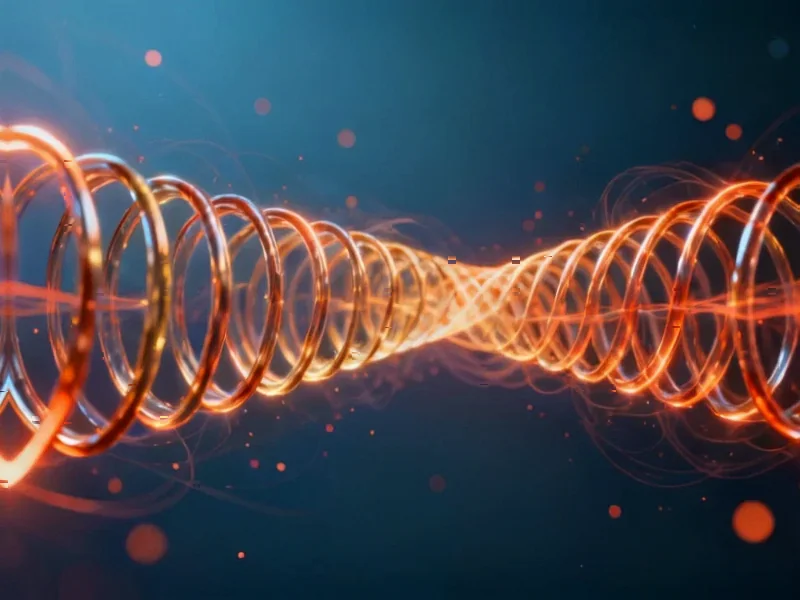Brain Imaging Study Reveals Coordinated Hemodynamic and Metabolic Changes During Sleep and Wakefulness
A groundbreaking study using simultaneous EEG-PET-MRI has uncovered how brain hemodynamics and metabolism coordinate during sleep-wake transitions. Researchers identified distinct patterns in sensory networks versus default mode networks during NREM sleep, revealing new insights into brain function during sleep states.
Multimodal Brain Imaging Reveals Coordinated Sleep-Wake Dynamics
A groundbreaking neuroimaging study has revealed how brain activity, blood flow, and energy consumption coordinate across different states of consciousness, according to research published in Nature Communications. Using simultaneous EEG-PET-MRI imaging, scientists have identified temporally coupled and spatially structured brain dynamics that occur as the brain transitions between wakefulness and non-rapid eye movement (NREM) sleep.









